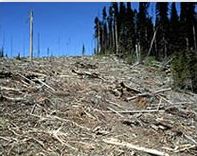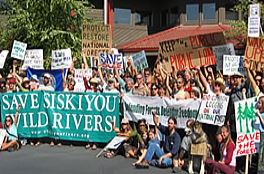Like any kind of other shipping firms in Singapore, time is of the essence, and also ensuring a prompt distribution should be concern. A reputable shipping firm should be able to supply the items at the time committed.
In spite of the protruding number of shipping companies in Singapore, not all them can provide you with the high quality of service you should have. You should think about just how diligent they remain in dealing with items they have committed to deliver. Aim to remain clear of those offering rates that are as well affordable since there is a likelihood that they have substandard shipping practices.
You ought to have the ability to find it helpful making a checklist of your preliminary options of shipping companies in Singapore and afterwards doing some study and evaluation on their performance history and also service high quality. You can visit their internet sites and also list down the sorts of logistics solutions they supply as well as establish if they can offering your needs.
Due to the competitors among the different shipping business in Singapore, you will certainly observe how each one has their very own tricks on getting consumers get their services. Regardless of all that, you need to pay very close attention on their guarantee policy– suggesting they could ensure the security of your products, or else they will either change your items or pay for its stated worth it they obtain shed due to their fault.
Various nations will certainly have different customs policies, as a result it is also essential to think about shipping companies in Singapore like megaton.com.sg that has extensive expertise on this issue. A good delivery business ought to be able to provide you lots of suggestions on just how you could survive customs without experiencing any kind of hold-ups or issues.
Having your products shipped from one nation to one more can be a hassle-free experience if you could find on your own an expert delivery company that provides qualified and trustworthy services. With many delivery companies in Singapore to select from, it is needed to be knowledgeable about the elements you ought to search for in selecting the most effective one to give logistics remedies for you.
 e field or courtroom. More and more, forest protection happens at the market-level where endangered forests end up on company shelves. Large companies like Staples or Home Depot, with billions invested in logos, brands, and corporate image, are moving to find appropriate alternatives rather than pay the high price of publicly defending logging activities.
e field or courtroom. More and more, forest protection happens at the market-level where endangered forests end up on company shelves. Large companies like Staples or Home Depot, with billions invested in logos, brands, and corporate image, are moving to find appropriate alternatives rather than pay the high price of publicly defending logging activities. we believe there is a golden opportunity to make the focus of the next 100 years of Forest Service management the “Restoration Century.”
we believe there is a golden opportunity to make the focus of the next 100 years of Forest Service management the “Restoration Century.” iance (NFPA) was formed, creating a unified democratic alliance among groups within the forest protection community. NFPA believes that informed groups and individuals, acting in a coordinated, strategic manner, can organize a strong base of public and political support to achieve positive, lasting social change and environmental protection.
iance (NFPA) was formed, creating a unified democratic alliance among groups within the forest protection community. NFPA believes that informed groups and individuals, acting in a coordinated, strategic manner, can organize a strong base of public and political support to achieve positive, lasting social change and environmental protection.